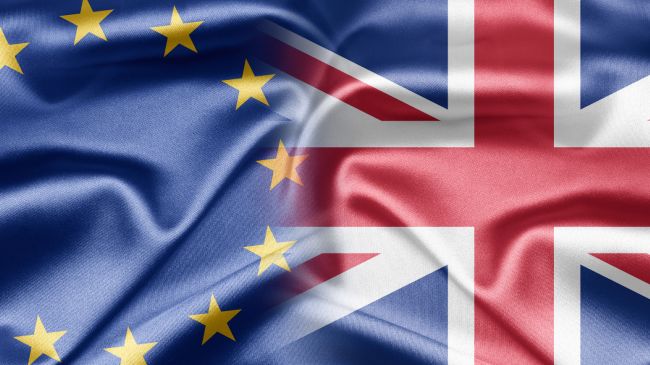Britain confronted with EU dilemma


Some political parties in Britain are wary of further European Union (EU) integration while some others even support withdrawal from the 27-nation bloc.
In 1961, the UK first applied to join the EU, which was then called the European Economic Community (EEC) but its membership bid was rejected by the French President, Charles de Gaulle. Finally, Britain joined the EEC in 1973 and two years later it held a referendum on its membership, when 67 percent of the people voted in favor of the Labour Party in staying in the EU.
The UK’s involvement in the EU came under intense strain after it entered the European Exchange Rate Mechanism (ERM) in 1990. The UK hoped to end a damaging recession by attaching the rate of the British Pound to the German Deutschmark. However, the policy failed and Britain was forced to devalue its currency and withdraw from the ERM in September 1992. In recent years, the debate about the EU has not ended and the UK’s EU membership is still challenged.
The Conservative Party opposes further EU integration and traditionally does not advocate withdrawal from the EU. However, the party has a growing eurosceptic movement.
The Liberal Democrat Party has been the most pro-EU party in the UK, arguing that the country’s place is at the heart of Europe.
The Labour Party, which oversaw many developments in the EU when it held power in the UK between 1997 and 2010, remains uncertain in its position on UK membership of the EU.
Earlier in January, British Prime Minster David Cameron set a deadline to hold a national in-out referendum on the UK’s membership of the European Union by the end of 2017.
In his long-awaited speech on Europe in the City of London on January 23, Cameron pledged to hold an in-out vote on Britain’s future relationship with the EU during the early part of the next parliament, by the end of 2017 at the latest, if his Conservative party wins the 2015 general election.
However, European leaders warned Britain against the dangers of cherry-picking European Union policy after Cameron announced plans to hold a referendum on severing ties with Brussels.
US officials have repeatedly valued Britain’s membership of the European bloc, saying they do not want the UK to leave the EU.
In the latest YouGov survey, people were asked how they would vote if there was a referendum on Britain’s membership of the European Union.
According to the poll, which was carried out on January 17 and 18, forty percent of people said they would vote to remain while 34 percent would vote to leave.







